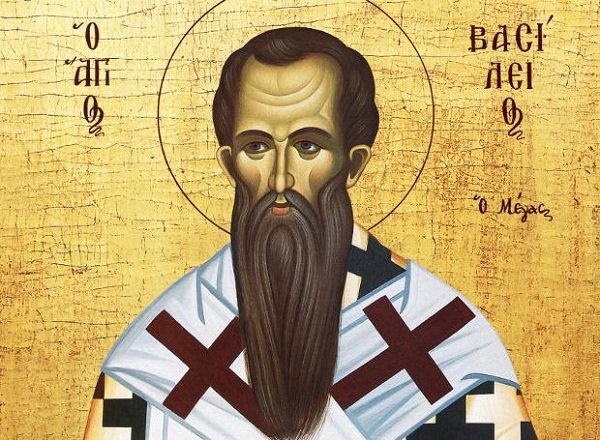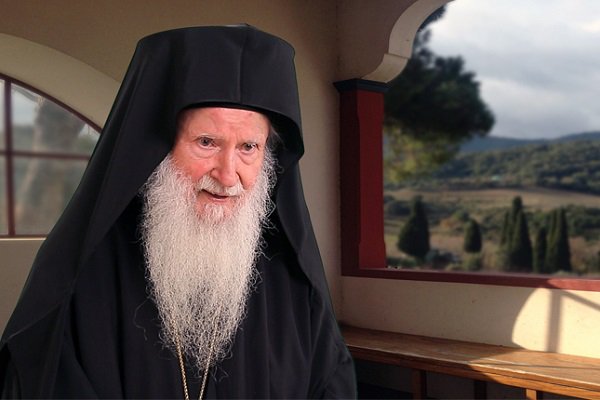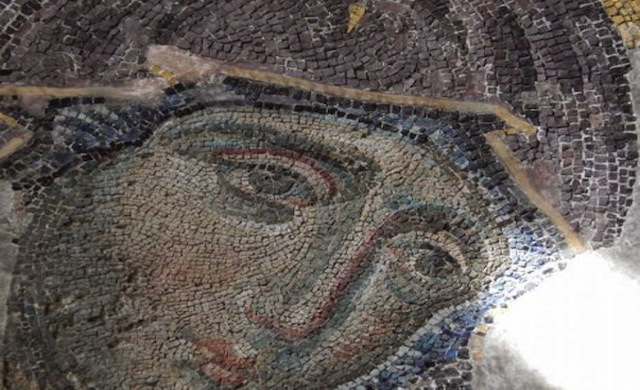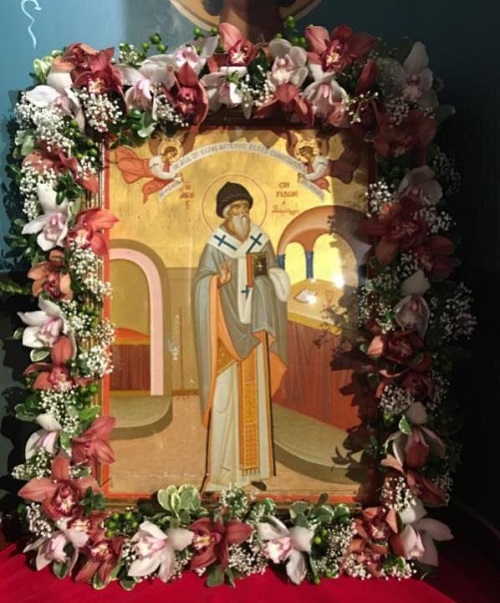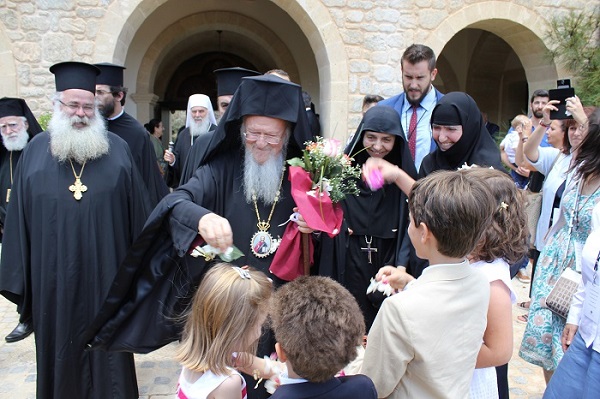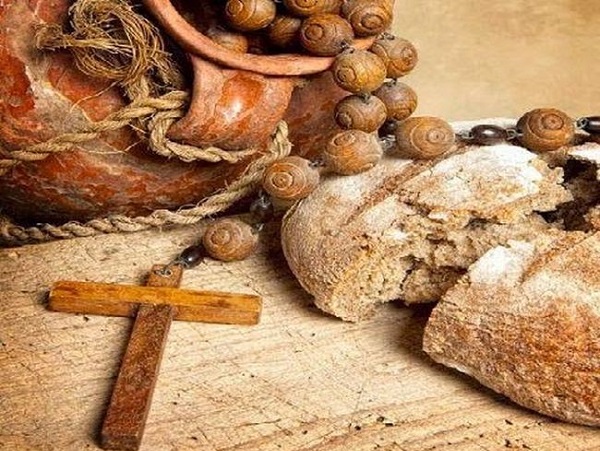
We should fast without hypocrisy and cleanse the soul from sins. ‘Pour oil on your head and wash your face’ (Matth. 6, 17). This saying is inviting you into sacramental rituals. If you pour oil on your head, you’re anointed; if you wash, you’re made clean. You have to realize within your inner self what the command means. Cleanse your soul from sin. Anoint your head with holy chrism so that you can become a partaker of Christ, and then you can enter the fast. Don’t alter your countenance, the way the hypocrites do. Your face is blackened when your inner disposition is overshadowed by a meretricious external appearance, when it’s hidden by falsehood, as if with a curtain. Hypocrites ...





